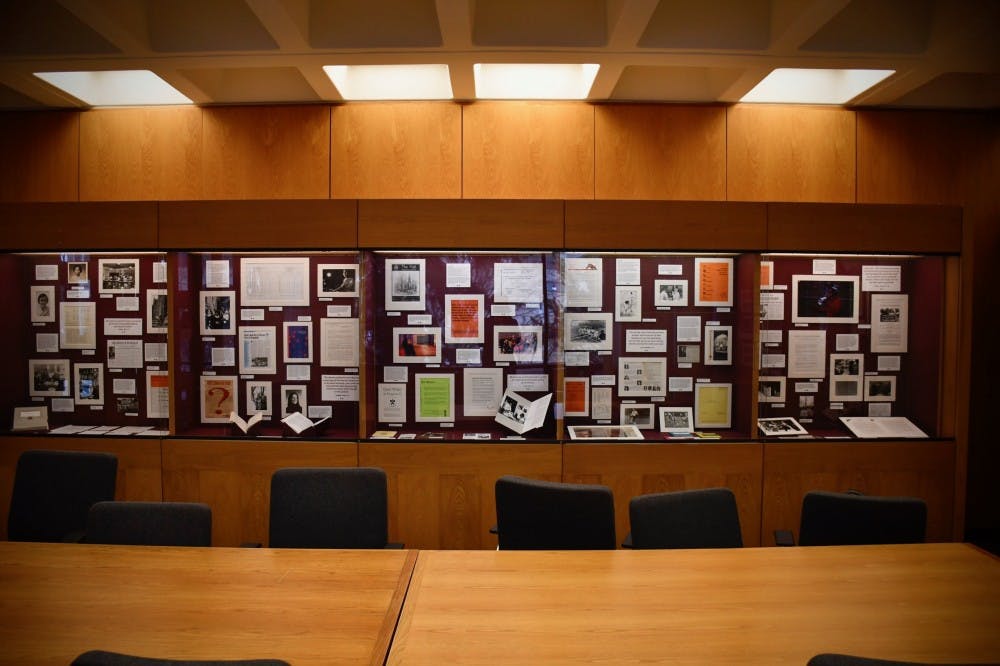The Seeley G. Mudd Manuscript Library, a division of Princeton University Library’s Department of Special Collections, will close for renovations in March 2020. Digitization services will cease in February 2020 in preparation for the renovation, which is predicted to last through January 2021.
Mudd Library, located at 65 Olden Street, houses the University Archives, which document the University’s history and contain senior theses and doctoral dissertations. The library is also home to a special collection of Public Policy Papers relating to individuals and organizations who played a significant role in 20th-century American foreign policy, politics, jurisprudence, and international affairs.
According to Sara Logue, Assistant University Archivist for Special Collections Public Services, some of the changes for library patrons after the renovation will include a refreshed lobby with a new front desk, a redesigned first floor to make better use of staff offices, a digital studio for in-house patron digitization requests, updated furniture, and the addition of a second classroom.
The renovation will also focus on accessibility throughout the building and update the current restrooms to have four accessible, individual gender-neutral restrooms.
In addition to these changes, much of the renovation will focus on areas unseen by the public but important to preserving the library’s collections. Specifically, there will be updates to the heating, ventilation, and air conditioning systems, fire suppression and alarm systems, and building security systems.
According to the library’s renovation website, the building will be closed for the entirety of the renovation period. From mid-March through mid-May 2020, Mudd Library public services will be severely restricted as all collections are moved from the library to an off-site storage facility.
“Most researchers, including the bulk of the campus community, should assume that there is no access to the collections during this time,” wrote Logue in a statement to The Daily Princetonian.
Researchers who anticipate needing access to these collections during this period should contact the library as soon as possible.
Logue explained that the relocation of all collections, while potentially disruptive, is necessary. “By closing the physical building and relocating the collections, we can ensure that the materials are well taken care of and are not disturbed by the construction process,” Logue stated. “If we kept the building open and tried to maintain service, the collections would be at risk, and the project would take much longer.”
In June 2020, the collections will become accessible through a service point in Firestone Library’s Special Collections Reading Room on the C Floor of Firestone. Researchers will likely be required to request Mudd Library materials through Special Collections with at least 72 business hours notice. More information about the post-relocation request process will be posted on the renovation website as soon as it is available.
Logue encouraged library patrons to take advantage of the digitized portions of Mudd’s collections available online through the finding aids database. The database includes the entirety of the ‘Prince,’ which is digitized and searchable, as well as senior theses from 2014 to the present, which can be accessed if the researcher is on campus or is able to remotely access campus resources.









